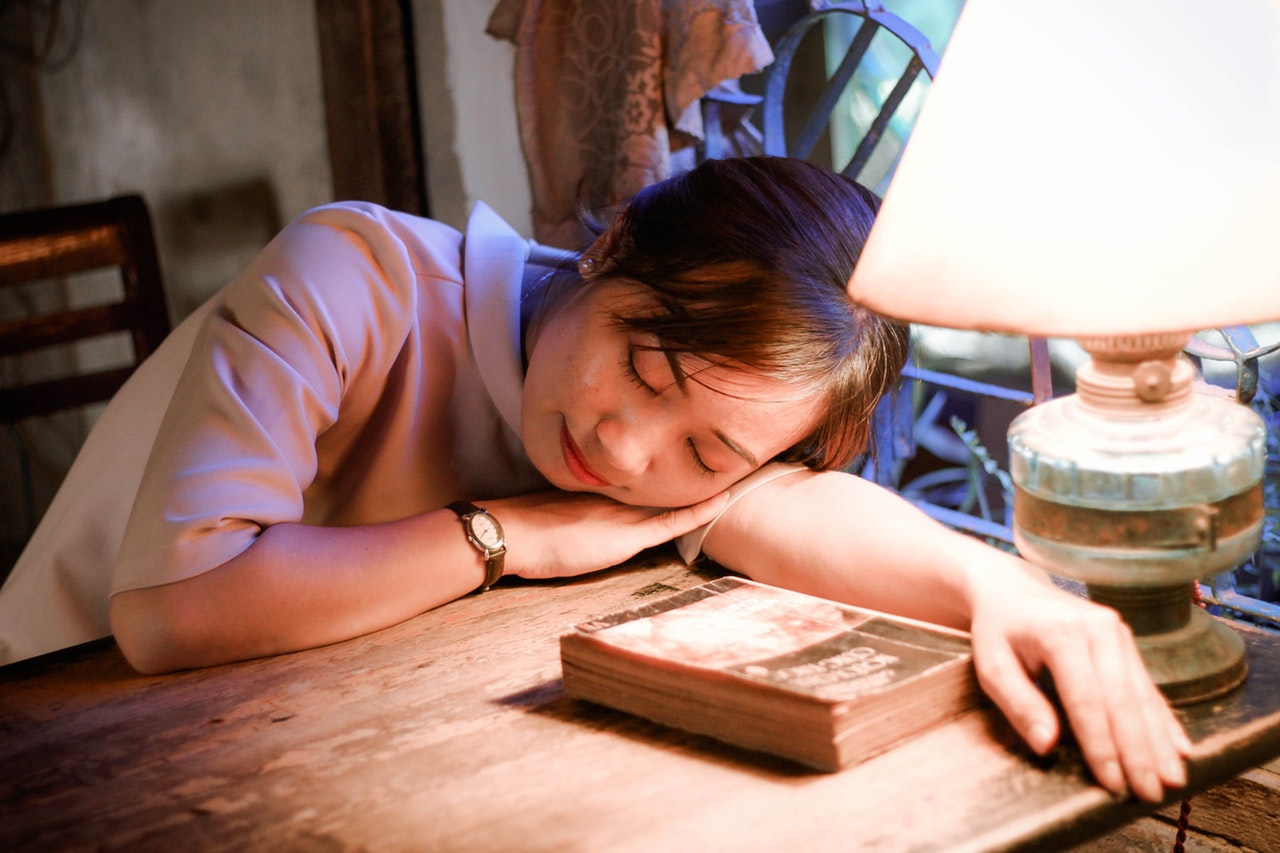
29 May Sleep–it’s a matter of life or death
Does that mean you’ll die if you don’t sleep? Yes. All cause mortality is higher among those who get 6 hours of sleep or less a night. All cause mortality is death from any cause, not necessarily related to sleep or the effects of sleep deprivation. You’re also more likely to have an accident.
How many times have you said, I’ll sleep when I’m dead? Well, if you don’t sleep, you are working on it.
The problem with skimping on sleep is that your body has no backup. Your body has many complex systems and processes. If one system isn’t running optimally, another system may compensate. For example, if you don’t eat food, your body will compensate by either burning body fat or slowing your metabolism. There, now you’re less likely to die from starvation. But there’s no backup for sleep loss.
I can turn you into a diabetic. All I have to do is wake you up too early for enough nights. And it won’t even take that many nights. Your first day after a bad night’s sleep will have you craving sweets. Your blood sugar will rise. And if you use willpower and resist the extra carbs, your body will slow its metabolism anyway. You can’t win.
This is why dieters can’t lose weight if they’re not getting good sleep.
You can give yourself Alzheimer’s, or at least give yourself brain fog and poor memory. One of the first things that people with cognitive decline or Alzheimer’s should do is address sleep issues. Sometimes sleep apnea prevents a solid night’s sleep. Once someone is sleeping better, the mind starts performing better. Yet so many people stay up late and forego sleep to be more productive.
How can a sleep deprived, spacey, foggy, distractible, and emotional person be more productive?
I say emotional because sleep deprivation makes you cranky. You get a short fuse. Don’t you hate being around people like that? So I suggest you don’t turn yourself into that kind of person. Plus, in severe cases, lack of sleep is even associated with suicide.
You are also more likely to get sick. Think back to exam days in college. You might have pulled all-nighters. Or you stayed up late studying several days in a row. And then you caught a bug and collapsed. It doesn’t have to be exam week; it could be too many nights of partying or working on a big project for your job. And if you are sleep deprived long enough, you are more likely to get cancer, infertility, high blood pressure, and are even more sensitive to pain.
I can sum up your need for sleep with this example. What if babies and toddlers miss their nap? Disaster. They cry. They can’t be comforted. Everything is wrong. They can’t share their toys or take turns. Too little sleep can even stunt growth. Most parents are very careful to get their kids to sleep on schedule because they quickly learn how essential it is
What does it take to get a good night’s sleep?
OK, maybe you really try to sleep a solid eight hours. But you can’t fall asleep. Or you wake up too early, or in the middle of the night. That’s my problem. I don’t sleep well. So frustrating. And I feel so unproductive after a bad night. And I feel so fat too. Ok, I also look fat. But there’s hope for people like me. The first thing to do is set yourself up to sleep well. See here for sleep hacks.
You also have to respect your circadian rhythm. That means that you have to consider how the cycle of the sun affects your biology. Every living thing on the planet is affected by the dark-light cycle and you are too. That means waking in the morning, and sleeping when it’s dark. That’s really hard for shift workers. But for the rest of us, we have to realize that our best sleep is in the dark. Some of us naturally thrive going to bed early, and others thrive going to bed late, but the best time is probably between 9 and 11, maybe as late as 12. (I admit to being one of the late ones. It’s a good thing my husband is too.) So choose your bedtime based on your individual needs and preferences, but don’t turn night into day if you can absolutely help it.
Hormone imbalance can be a reason you don’t sleep well. All hormones affect each other, so you can’t just choose melatonin and decide that’s the only one that will help you sleep. You have to consider your sex hormones, like estrogen, progesterone, and testosterone. Those can get out of whack, especially for post-menopausal women. Also insulin, which spikes when you eat sweet junk food, is something to consider. So is cortisol and adrenaline. Those are the stress hormones. If yours are off kilter, then consider stress management techniques like these.
The answer to hormone balance, and whether to take melatonin or other sleep supplements, is through a good functional medicine doctor’s help. That doctor can also help you look at your medications. Some interfere with sleep as a side effect. And some over-the-counter medicine does that too. So read your labels. Maybe adjust the timing of taking your OTC meds so that you can sleep easier.
You can contact me. I’m a National Board Certified Health and Wellness Coach and a Functional Medicine Certified Health Coach. I can help you sort out what it takes for you to get a good night’s sleep. If it was easy, you would have done so by now. So let’s see if we can work together.
Comments: How well do you sleep?
Dr. Breus: The Sleep Doctor
WebMD: 10 Results from Sleep Loss
WebMD: Sleep and Hormones
Dr. Mercola: Cost of Sleep Deprivation
Dr. Mercola: Sleep
This article is for information purposes only. See Disclaimer below.



No Comments